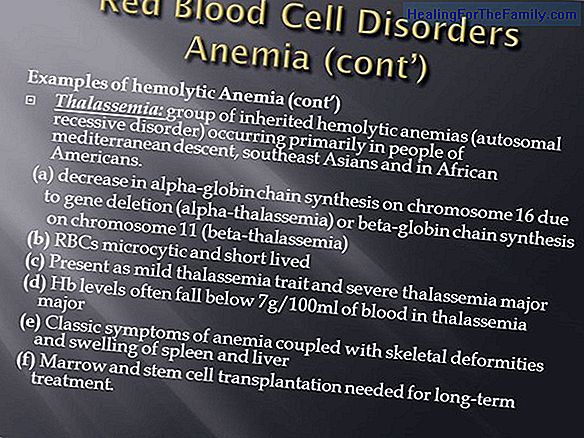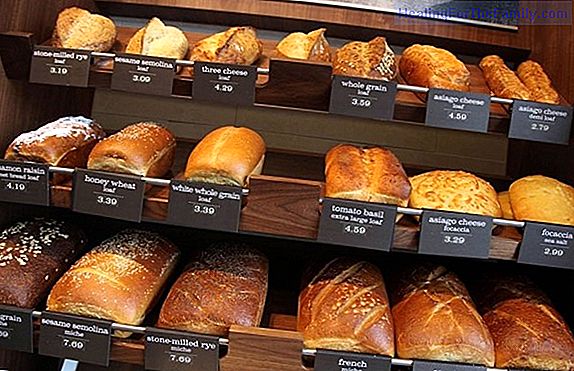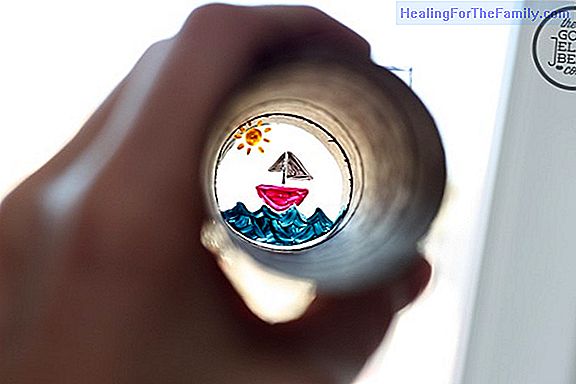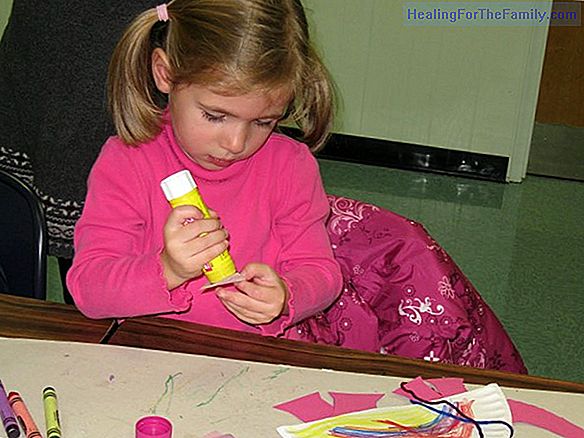The 10 best known myths of breastfeeding
The birth of the baby brings happiness, but also many doubts, especially to new parents. The breastfeeding is precisely one of the novelties that most concerns transmitted to the mother. Even though World Health Organization (WHO) recommends exclusive breastfeeding until 6 months of age, due to its
The birth of the baby brings happiness, but also many doubts, especially to new parents. The breastfeeding is precisely one of the novelties that most concerns transmitted to the mother.
Even though World Health Organization (WHO) recommends exclusive breastfeeding until 6 months of age, due to its effectiveness in ensuring the health and survival of children, many women decide substitute breast milk for substitution milk due to misinformation on the subject.
Lies about breastfeeding
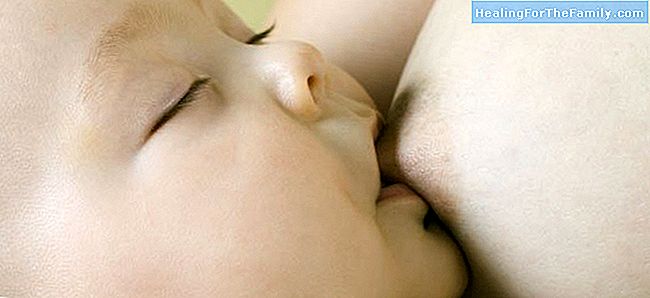
Often, the decision to stop breastfeeding is due to the existence of urban legends about the habit of breastfeeding:
1 -I do not produce enough milk: many women stop breastfeeding because they believe that his quantity of milk is insufficient, but this is false. The breast produces milk according to the demands of the baby, yes, provided that the appropriate intakes are given and the small suck in the correct posture. Also, it does not matter if you have large or small breasts, breast size does not influence breastfeeding.
2 -Inverted nipples impede breastfeeding: this statement is false, as the nipples usually change in the later stages of pregnancy. In addition, babies grab a large part of the areola, not just the nipple. In any case, if there is difficulty in breastfeeding, the experts advise consulting a specialist.
3 -Taking medication or having a cold or flu is incompatible with breastfeeding: this is false. Through milk, the baby receives defenses that protect him from this type of diseases. That yes, it is recommended to have good hygiene on the hands and use a mask to cover the nose. Regarding drugs, many can be taken during lactation, after consultation with the doctor.
4 -Drinking more milk produces more milk: the amount of milk produced by the mother depends on what the baby ingests, not the consumption of milk or other foods.
5 -I return to menstruate, I can not continue breastfeeding: the appearance of the period does not imply the end of breastfeeding.
6 -A new pregnancy puts an end to breastfeeding: this fact is false. That the mother gets pregnant again does not mean that she has to stop breastfeeding the child, she can even keep breastfeeding all the pregnancy and, subsequently, feed both children, prioritizing the child.
7 -I notice the breast less full, I do not produce enough milk: the sensation of swelling of the breasts can decrease with time, according to the specialists, but this does not suppose that the production of milk has been reduced, since it depends on the number and number of shots.
8 -Stress hinders breastfeeding: this myth is false. The amount of milk depends on the baby's consumption, specifically, the emptying of the breast.
9 -Shots are more frequent, the baby is left hungry: the baby can consume more milk depending on many aspects that do not have to do with the lack of milk. For example, in seasons of heat or in periods of more pronounced growth.
10 -At six months breastfeeding should be withdrawn: WHO experts and other pediatric institutions agree that the six-month date is not the limit for breastfeeding, but the starting point to incorporate, little by little, a complementary diet until two years.
Patricia García. Collaborator of GuiaInfantil.com



